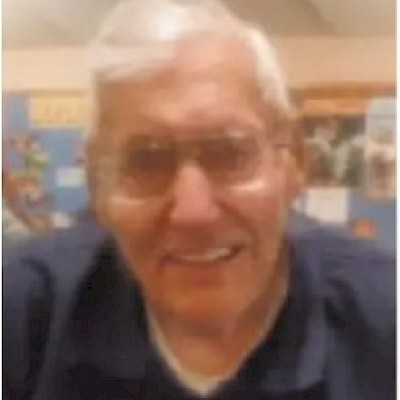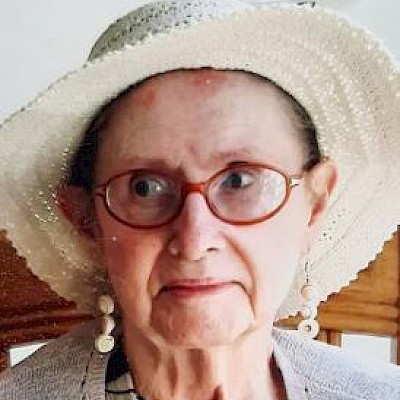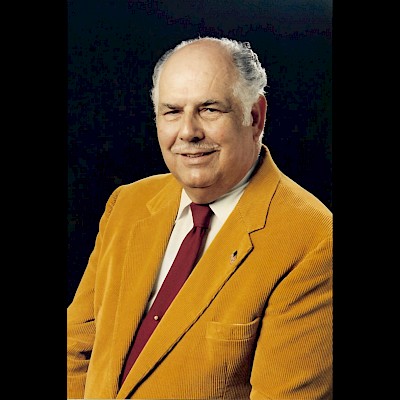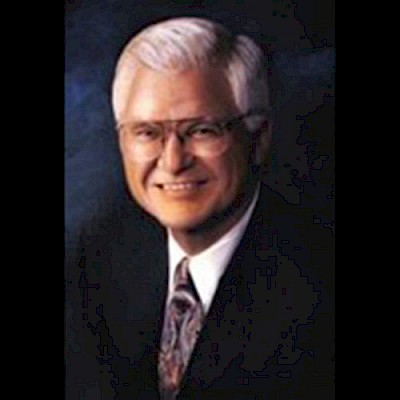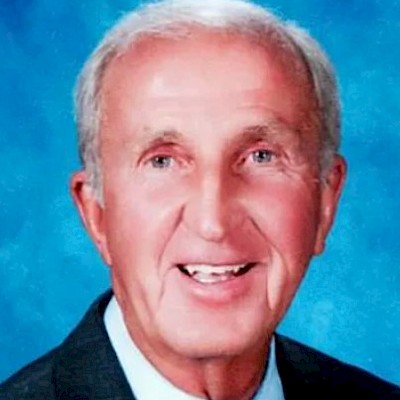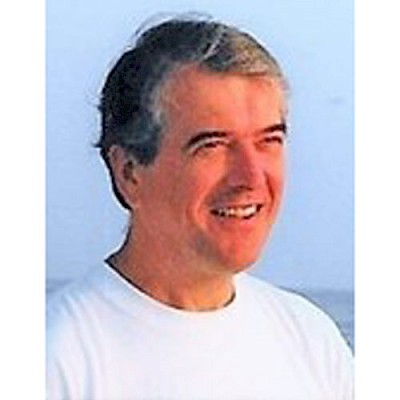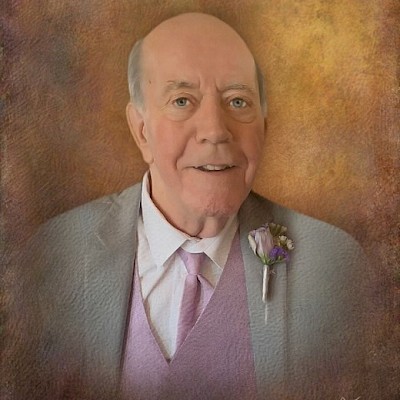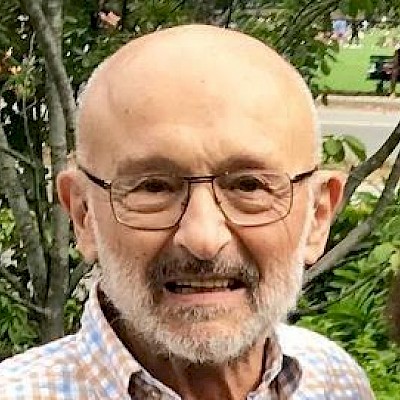
Nicholas Ciriello
Nicholas Gregory Ciriello passed away on April 5, 2020 after a long battle with Cancer and Parkinson's Disease.
Nick was born in Waterbury, CT on May 31, 1938. He graduated from the Taft School, Magna Cum Laude and Phi Beta Kappa from Yale University, class of 1959. Upon graduation, Nick was awarded a Fulbright Scholarship to France.
While studying in France, Nick met his future wife, Janet, a fellow Fulbright scholar.
Nick returned to the US and subsequently graduated from Harvard Law School, class of 1963.
Nick was a founding shareholder of the National Partnership Investment Corporation ("NAPICO"), a Los Angeles based real estate syndication and management company. NAPICO sponsored private and SEC registered investments.
Prior to NAPICO, Nick had been Senior Vice President and General Counsel to Angeles Corporation (formerly Shareholders Capital Corporation), a Los Angeles based, financial services company. In New York, Nick was associated with the law firm of Cleary, Gottlieb Steen & Hamilton Nick was a benefactor of the Music Center, and served as an officer and member of the Board of the Los Angeles Chamber Orchestra; he guided a restructuring effort for the Orchestra in 1995, and was as a member of its advisory board.
Perhaps his greatest personal success, was as a founding Board Member of the Los Angeles Opera, where he served on many committees and as an Officer of the Board for the past 33 years.
Nick was a Trustee of the Center for Early Education, as a member if the Yale Development Board, co-Chairman of Parent Giving for the Harvard Westlake School, in Los Angeles.
He was also active in class and alumni affairs for the Taft School, Watertown, Connecticut.
Nick will be remembered for his integrity, kindness, generosity of spirit, and helpfulness to others. He was a steady and ready friend who was present and involved.
Nick was a father to three wonderful sons, Nicholas, Carlo, and Matthew and a grandfather to seven small humans. One of Nick's favorite paternal joys was to dispense advice to his boys. His sons were often grateful for his insightful guidance, and always appreciative of each other - among whom they could spread his deep wisdom.
Nick could turn a phrase, be witty and wise, and was always loving. He treasured his family and will be kept close in their loving memories. Contributions may be made in Nick's memory to L.A. Opera, Yale University, or the Los Angeles Chamber Orchestra.
Nick is survived by his wife, Janet, his three sons, three daughters in law, and seven grandchildren.
•
Remembering Nicholas Ciriello
Use the form below to make your memorial contribution. PRO will send a handwritten card to the family with your tribute or message included. The information you provide enables us to apply your remembrance gift exactly as you wish.

